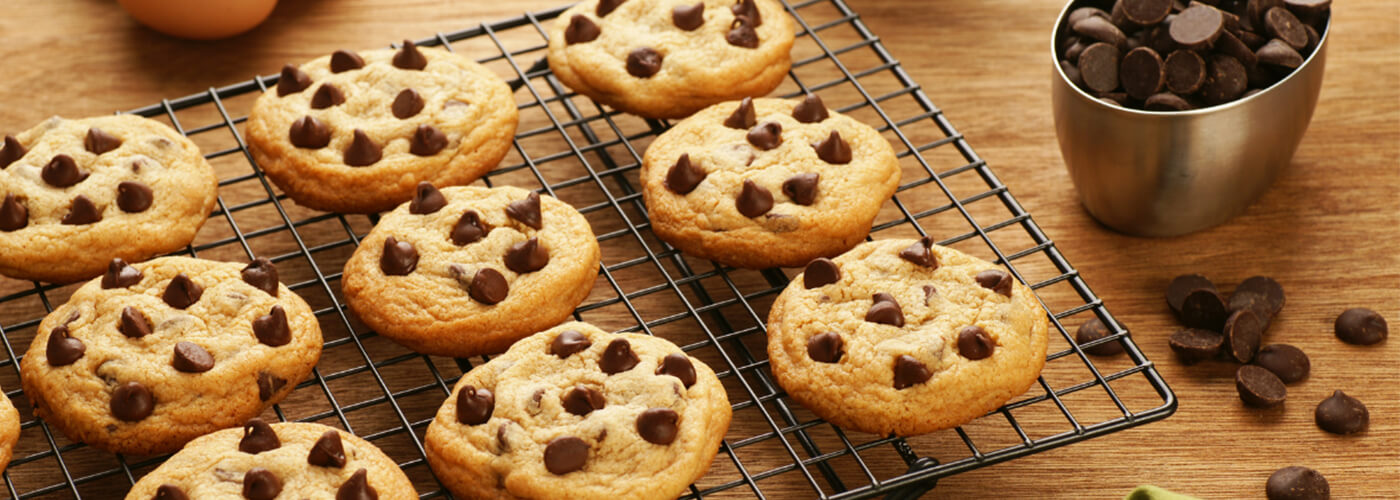
Is Cookie Science real? Doesn’t it sound intriguing? When there are so many alternative ways, how can you find the best cookie-baking process? Turns out, there is such a thing as cookie science! Let’s find out more.
Science behind perfect cookies:
When it comes to shaping the perfect cookies, minor changes can have a big effect, just like in a science lab. Some individuals like soft cookies, while others enjoy a crunchy one. However, you don’t need to store two distinct recipes to cater to everyone’s tastes. Temperature fluctuations, moisture, and even the sequence in which the ingredients are added are just a few of the factors that might influence texture and flavour.
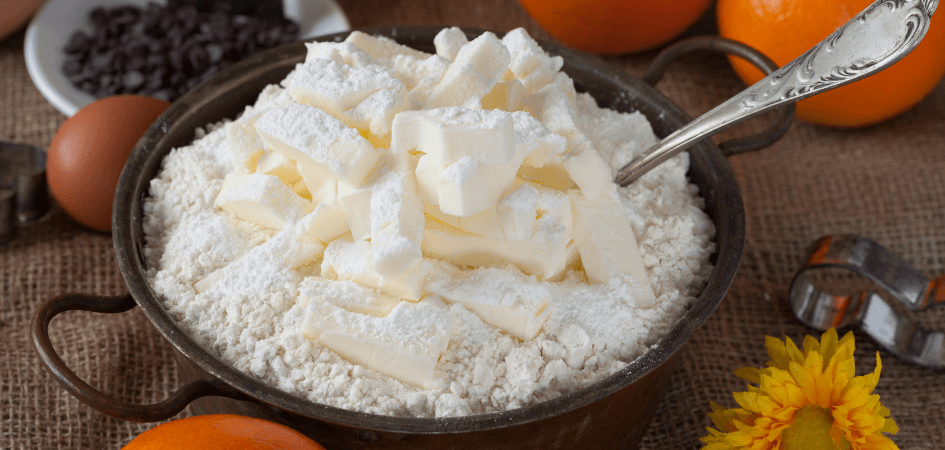
1. Butter
Butter is required for the majority of cookies. It not only enhances the flavour of your cookies, but it also aids in their spreadability. As the butter heats in the oven, the dough relaxes and spreads out across the baking sheet. To ensure that the butter and flour are evenly distributed throughout the dough, combine them thoroughly.
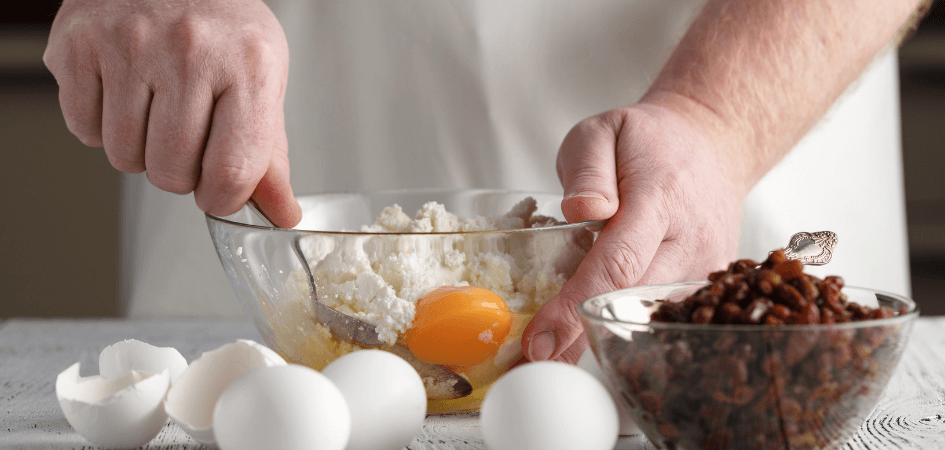
2. Egg
Eggs offer moisture and water, which are eventually evaporated during the baking process. The cookies tend to be taller when you use more egg whites in a recipe. In general, adding egg yolks to cookies makes them fudgier.

3. Sugar
Brown sugar is softer and chewier than white sugar when used in cookies. This is due to the presence of molasses. Molasses are mildly acidic and hence it encourages the proteins in cookie dough to firm up faster, resulting in a chewy texture.
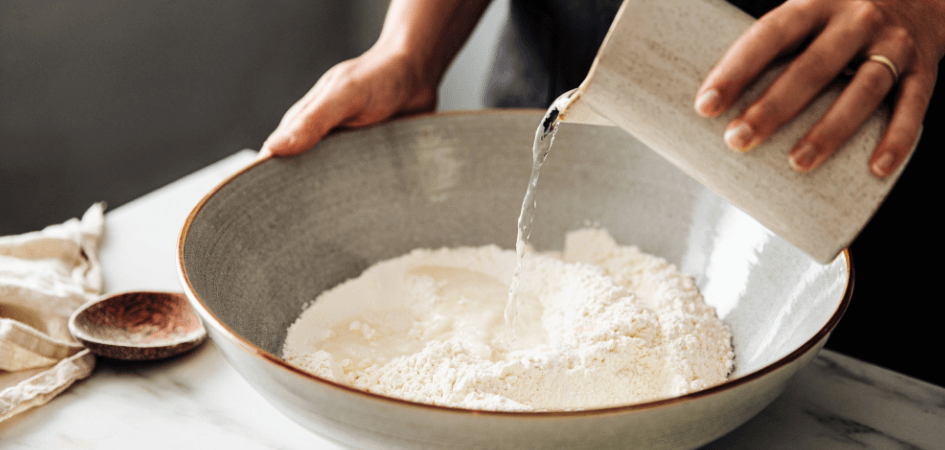
4. Flour
Flour makes cookies chewy, crisp, or crumbly depending on the ratio to other components in the dough. A high proportion of flour to the tiny quantity of liquid in the butter gives a delicate, crumbly texture in dry cookie dough, such as shortbread. Using a lower proportion of flour brings a chewy texture in the cookie . Drop cookies are often thick or thin, chewy or crumbly, soft or crisp, with the exact ratio varying based on the desired texture. Whole-grain flour, such as whole wheat flour, is another choice for baking.
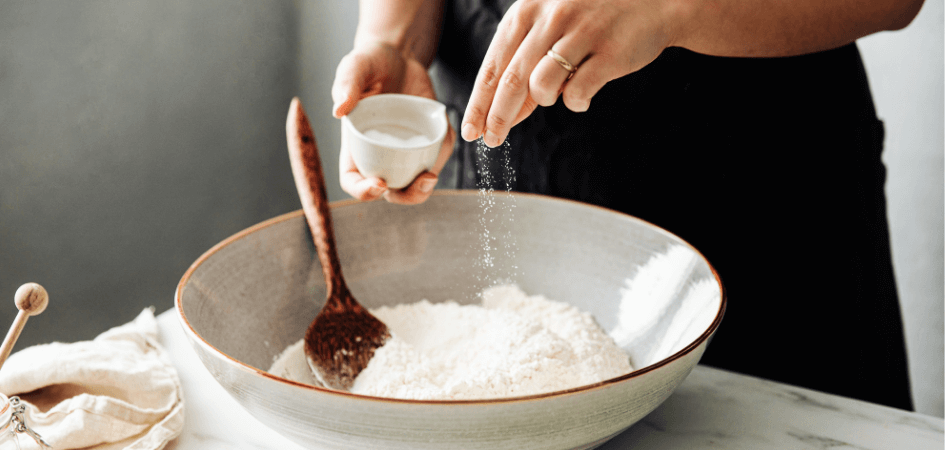
5. Salt
The sweetness of caramelised sugars is offset by salt. To help awaken the tongue and balance off the sweetness, add a pinch of flake salt to our cookies. The secondary flavours in a cookie will fall flat if you don't use this flavour enhancer since the sweetness will take much more control. Salt also helps make cookies chewy by strengthening the protein in the dough
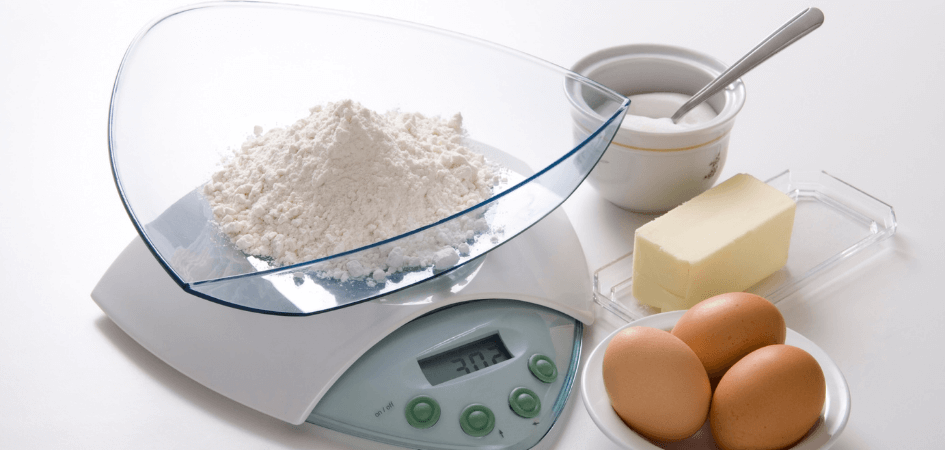
6. Taking measurements
It's critical to measure precisely. Baking, according to some, is more difficult than cooking since each ingredient must be measured exactly. Because the balance of each of the ingredients has an influence on the final product. Invest in measuring tools and a weighing scale for good results.
